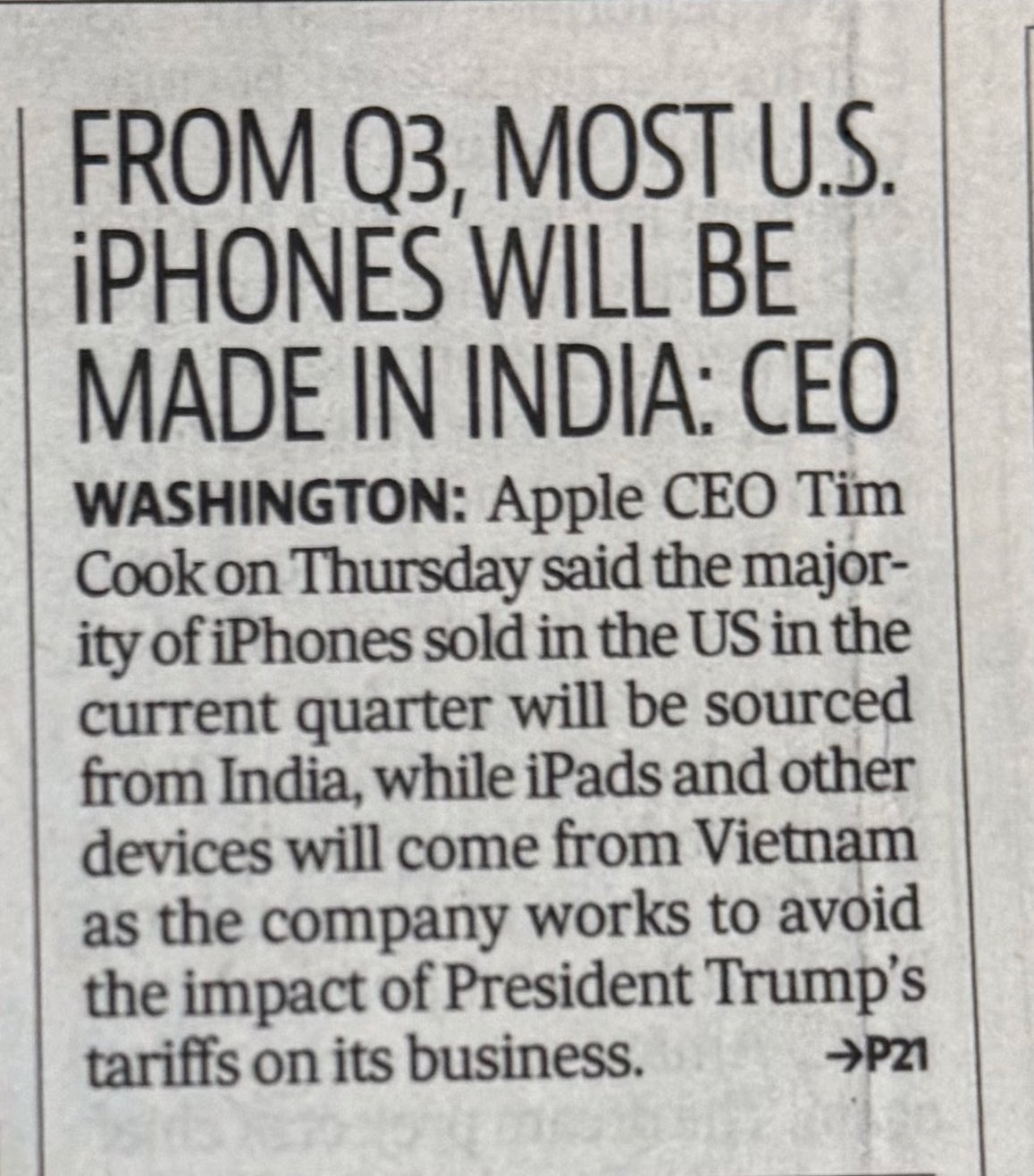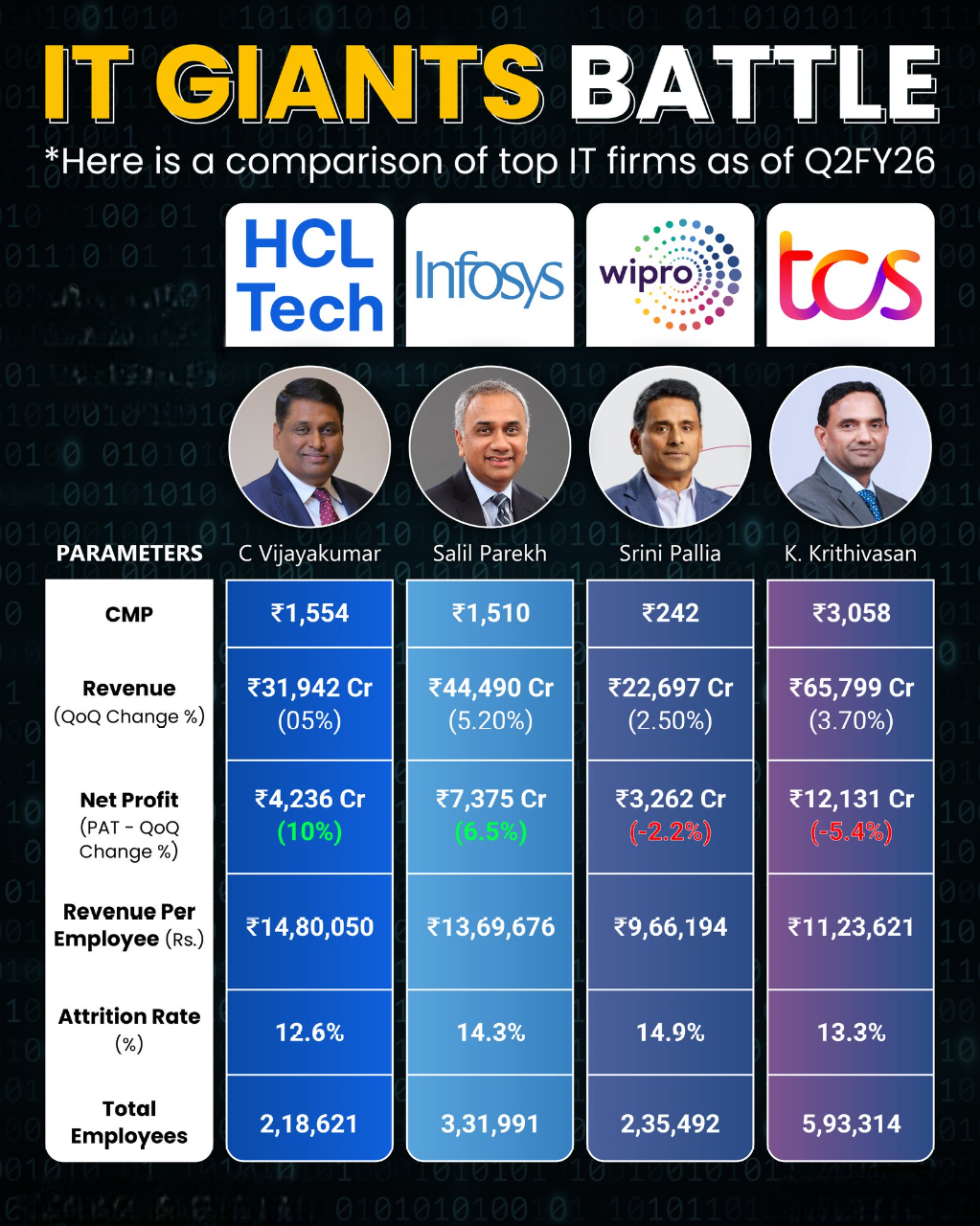Back
Dhananjay Chandra
Occupy mars • 1y
🔸Reduced import tariffs on hardware and software (up to 60% reduction). 🔸Recognition of software exports as a “delicensed industry,” making exporters eligible for bank finance. 🔸Permission for foreign companies to set up autonomous, export-dedicated units. 🔸Establishment of software parks for infrastructure at lower costs. 🔸Work shifted to India, despite friendlier policies for foreign firms. This shift led to Bangalore’s development and the relative decline of other centers like Mumbai. 🔸Multinational firms also adapted to new policies, contributing to India’s IT growth. EVOLUTION (990s and Beyond): 🔸Since the 1990s, value-addition increased, and domestic firms became less dominant. 🔸India’s talent pool attracted work due to cost-effectiveness. 🔸The Indian IT industry’s journey—from overcoming challenges to becoming a global powerhouse—reflects resilience, innovation, and adaptability.
More like this
Recommendations from Medial
Niket Raj Dwivedi
•
Medial • 1y
Union Budget 2024-25: Key Highlights for Startups and MSMEs 🚀 Finance Minister Nirmala Sitharaman mentioned 'startup' just twice in her speech, but there's plenty for the startup ecosystem, manufacturing, and MSMEs in this budget! Here's the scoop:
See MoreSiddharth Verma
Founder & CEO at Saf... • 8m
I participated in MSME Hackathon 4.0 in Madhya Pradesh, representing my startup that provides end-to-end IT security solutions. In India, very few security software products are made locally—most companies use foreign tools. Indian firms avoid local
See MoreDownload the medial app to read full posts, comements and news.




















/entrackr/media/post_attachments/wp-content/uploads/2021/08/Accel-1.jpg)



















